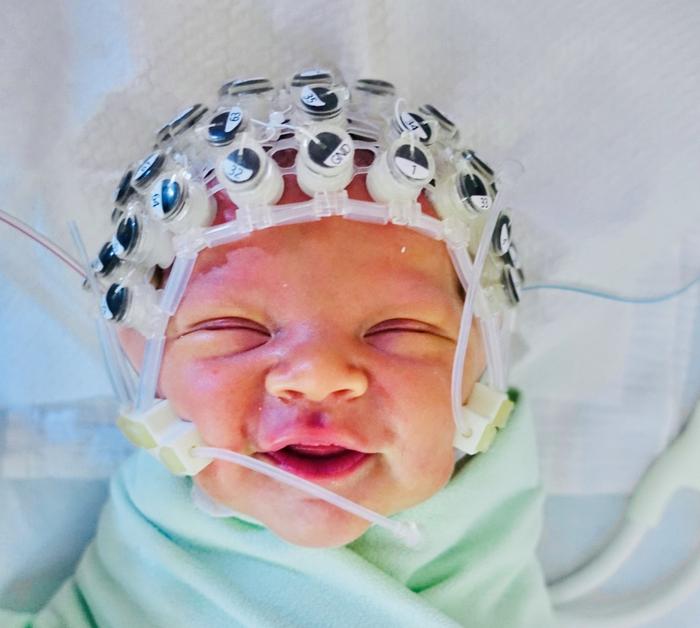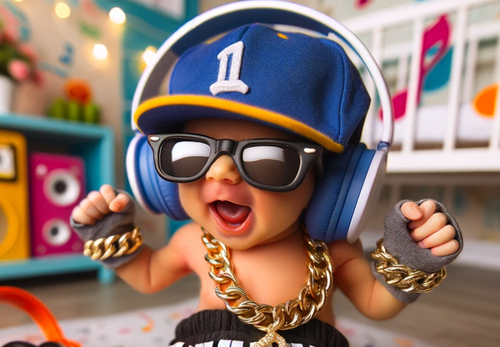Turns out, newborns are little music maestros. Researchers from the University of Amsterdam and Hungary's HUN-REN Research Centre for Natural Sciences (TTK) have just confirmed that these tiny humans can actually catch the beat and rhythms in music.
This isn't just them being smartypants and learning patterns; they're born with this cool beat-detecting superpower. “In the current experiment we have established that newborn infants are capable of beat based processing,” says the research published in Cognition Journal and funded by the National Research and Innovation Office of Hungary.

Henkjan Honing, the music-cognition wizard at the University of Amsterdam, notes that the team is still scratching their heads about how these mini-humans understand and remember tunes. He adds that back in 2009, they noticed that even a few days old babies can neurologically groove to the music's pulse. That's some serious talent, right?
The team, not satisfied with just one round of baby-DJ experiments, teamed up again for another go. This time, they played around with drum rhythms for 27 newborns to see if they could tell the difference in the sound sequence. It's like a mini rave for science.

Since babies can’t talk, of course, the research team used an EEG system to measure their brain signals while they were asleep and sensed when music was played.
“Our findings suggest that it is a specific skill of newborns and make clear how important baby and nursery rhymes are for the auditory development of young children,” said István Winkler, professor at the Institute of Cognitive Neuroscience and Psychology at HUN-REN Research Centre for Natural Sciences (TTK) in Hungary.

